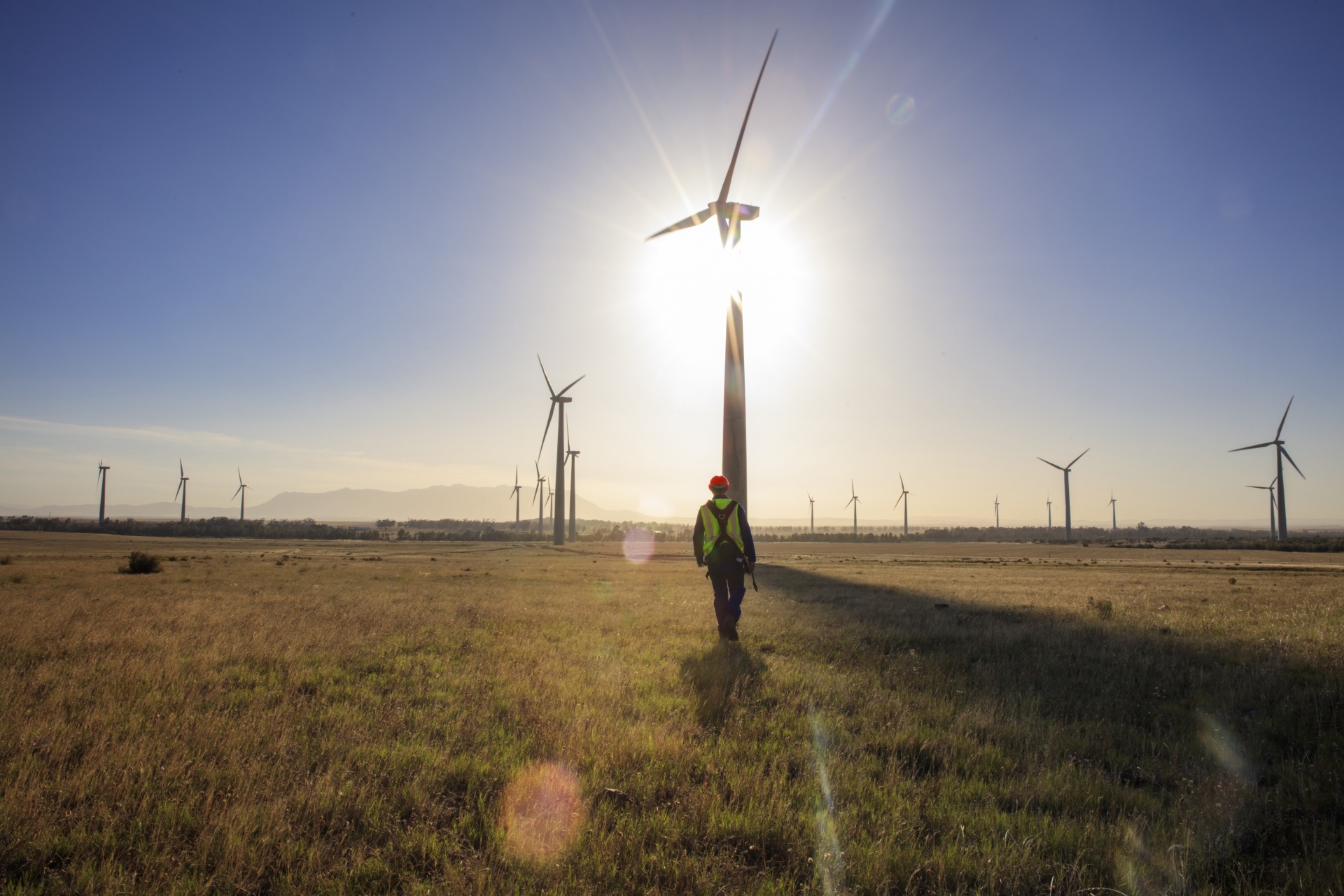HSBC gives green support to wind energy sector of Vietnam
 |
This is the first sustainable finance that HSBC offers to a local corporate in the wind sector in particular and the third one for Vietnamese businesses in renewable energy, after two green facilities provided to REE for their rooftop solar project last year.
In this very first cooperation, PCC1 has been working closely with HSBC Vietnam to go through HSBC’s stringent credit approval and management process of sustainable financing controlled by HSBC Asia-Pacific Sustainable Loans Committee, the dedicated body of the bank with rich experience in successfully arranging green financing in different fields around the world.
The green facility is also required to meet the high standards of the international Green Loan Principles jointly issued by the Loan Market Association and Asia-Pacific Loan Market Association. It includes four core components: use of proceeds, project selection and evaluation, management of proceeds, and reporting. The deal with short-term trade limit will support the corporate’s working capital needs on their engineering, procurement and construction (EPC) activities in wind energy.
“The impact of climate change on our planet and people’s livelihood is a generational issue of vital importance. As a leading international financial institution, HSBC has a responsibility to our environment and our communities. Building a more sustainable world is at the core of our values and how we are building capabilities," shared Stephanie Betant, head of Wholesale Banking, HSBC Vietnam.
Tuan Trinh, chairman of PCC1, shared: “PCC1 highly appreciates HSBC providing us with the green trade finance. This is not only meaningful in terms of finance for the company’s EPC contract and business in power construction but also especially in line with its commitments to sustainable development, business activities associated with social responsibility, and environment protection of the company.”
Vietnam has seen the highest level of investment in renewable energy across ASEAN. To attract more foreign direct investment (FDI) and provide overseas companies with more sustainable energy, Vietnam has demonstrated a strong commitment to renewables. HSBC Global Research argues that Vietnam offers the best potential for renewable capacity addition across ASEAN, with foreign investments driving growth.
According to The Global Wind Energy Council (GWEC) Market Intelligence’s market outlook released in June 2020, Vietnam is now among top five markets in Asia for new offshore wind installations in 2030, with a total of 5.2GW offshore wind capacity to be built between 2020 and 2030. Asia’s offshore wind is now expected to occupy 42 per cent of global offshore wind market in 2025, however, this rate could be more than that when more utility-scale projects get connected in Japan, South Korea, and Vietnam in that year.
According to the World Bank, among Laos, Thailand, Cambodia, and Vietnam, our country is holding the largest wind power development potential. Electricity of Vietnam’s March report states 4.4GW of wind power projects are under construction while another 6.2GW will be developed from 2022 to 2025. The huge potential in Vietnam’s renewable energy in general, and wind energy sector in particular opens more opportunities for both energy corporates, investors, and financial institutions to play their roles in the boisterous game.
What the stars mean:
★ Poor ★ ★ Promising ★★★ Good ★★★★ Very good ★★★★★ Exceptional
Related Contents
Latest News
More News
- $100 million initiative launched to protect forests and boost rural incomes (January 30, 2026 | 15:18)
- Trung Nam-Sideros River consortium wins bid for LNG venture (January 30, 2026 | 11:16)
- Vietnam moves towards market-based fuel management with E10 rollout (January 30, 2026 | 11:10)
- Envision Energy, REE Group partner on 128MW wind projects (January 30, 2026 | 10:58)
- Vingroup consults on carbon credits for electric vehicle charging network (January 28, 2026 | 11:04)
- Bac Ai Pumped Storage Hydropower Plant to enter peak construction phase (January 27, 2026 | 08:00)
- ASEAN could scale up sustainable aviation fuel by 2050 (January 24, 2026 | 10:19)
- 64,000 hectares of sea allocated for offshore wind surveys (January 22, 2026 | 20:23)
- EVN secures financing for Quang Trach II LNG power plant (January 17, 2026 | 15:55)
- PC1 teams up with DENZAI on regional wind projects (January 16, 2026 | 21:18)

 Tag:
Tag:


























 Mobile Version
Mobile Version